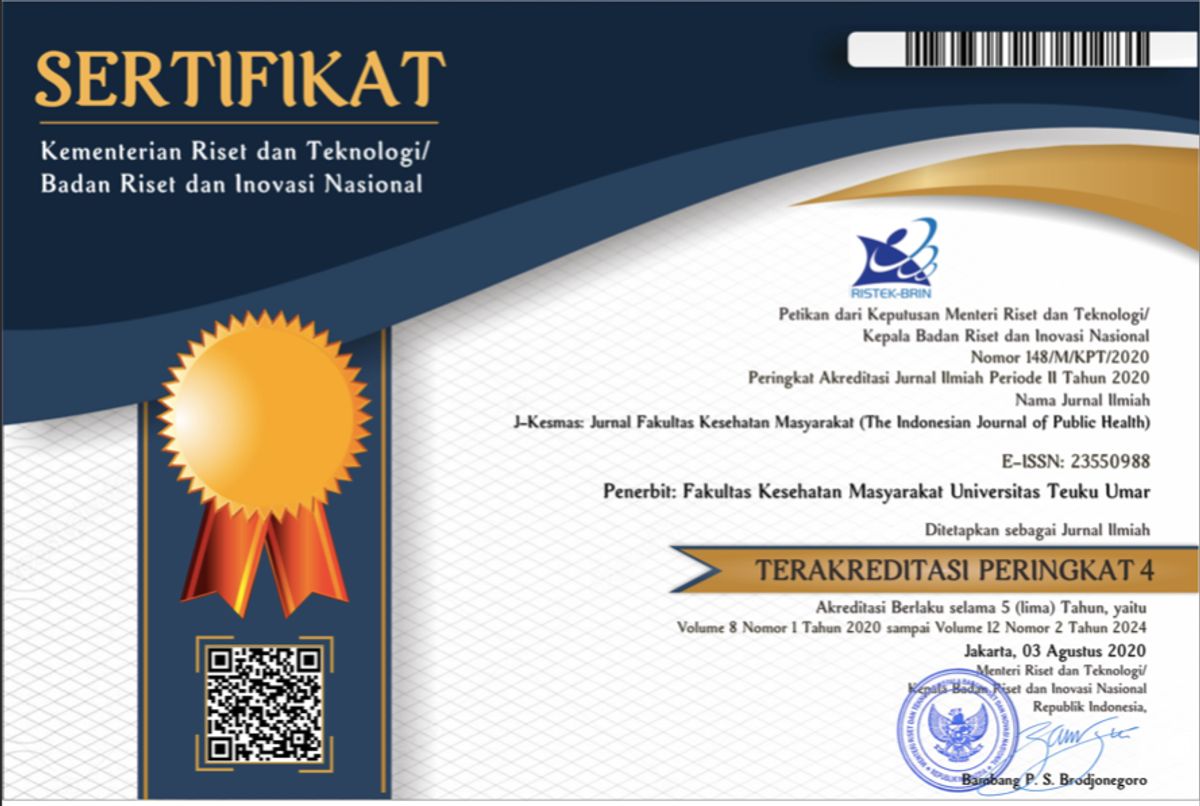
Nutrition is the cornerstone of a healthy lifestyle. It involves more than just eating the right foods; it’s about finding a balance that fuels the body, supports bodily functions, and enhances overall well-being. In a world where convenience often trumps quality, understanding the key aspects of nutrition is essential for maintaining health and vitality. This article delves into five crucial elements of nutrition that are indispensable for a healthier life.
Key Takeaways
- A balanced diet is fundamental for providing the body with the necessary variety of nutrients, ensuring optimal function and disease prevention.
- Essential nutrients, including vitamins, minerals, amino acids, and fatty acids, are critical for maintaining health and must be sourced from a diverse diet.
- Incorporating fiber-rich foods into your diet is vital for digestive health, helping to maintain regularity and supporting a healthy gut microbiome.
- Choosing nutrient-dense foods allows for maximum nutrition without excessive calorie intake, supporting weight management and overall health.
- Developing healthy eating habits, such as mindful eating and proper meal planning, can significantly enhance the quality of your nutrition and life.
1. Balanced Nutrition

Achieving balanced nutrition is fundamental to a healthier life. It’s not merely about limiting certain foods or counting calories; it’s about ensuring that every meal contributes to your overall well-being. Here are some tips to help you maintain a balanced diet:
- Eat a variety of foods to get a broad spectrum of nutrients.
- Be mindful of portion sizes to prevent overeating.
- Ensure your diet includes essential nutrients such as carbohydrates, proteins, fats, vitamins, minerals, and water.
Balanced nutrition supports overall health, from immune function to cardiovascular health, and is crucial for preventing diseases.
Remember, each nutrient has a specific role in maintaining bodily functions, and an imbalance can lead to health issues. By focusing on nutrient-dense foods and healthy eating habits, you can optimize your health and enjoy a life full of energy and vitality.
2. Essential Nutrients

Understanding the spectrum of essential nutrients is fundamental to maintaining a healthy body. Micronutrients, which include vitamins and minerals, are crucial for various bodily functions. They can be categorized into macrominerals, trace minerals, and water- and fat-soluble vitamins.
- Good sources of protein, another essential nutrient, are lean meats, poultry, fish, eggs, tofu, legumes, nuts, and seeds. Proteins are indispensable for repairing tissues and supporting immune function.
Ensuring a diet rich in essential nutrients is key to supporting overall health and preventing diseases.
A balanced intake of essential nutrients aids in the proper functioning of organs, tissues, and systems, contributing to cardiovascular health and maintaining a healthy weight.
3. Fiber-Rich Foods

Incorporating fiber-rich foods into your diet is not just about improving digestion; it’s about nurturing your overall health. Fiber is often associated with preventing constipation and supporting digestion. It plays a crucial role in maintaining a healthy gut microbiota, which is linked to a stronger immune system and reduced inflammation.
Fiber is a carbohydrate that the body cannot digest. Yet, it is essential for digestive health.
To maximize the benefits of fiber, consider these points:
- Include a variety of fruits, vegetables, whole grains, and legumes in your meals.
- Aim for a gradual increase in fiber intake to allow your body to adjust.
- Stay hydrated to help fiber do its job effectively.
Remember, a diet rich in fiber can also contribute to the prevention of chronic diseases such as diabetes and cancer. Embrace the power of fiber to lead a healthier life.
4. Nutrient-Dense Foods

In the quest for a healthier life, nutrient-dense foods play a pivotal role. These are foods that provide substantial amounts of vitamins, minerals, and other nutrients with relatively few calories. They are the cornerstone of a nutritious diet, offering more bang for your caloric buck.
Eating nutrient-dense foods is not just about the nutrients themselves, but also about the benefits they bring to your overall health. For instance, they can be instrumental in supporting gut health, which is a key aspect of your body’s immune system and general well-being.
- Fruits and vegetables: High in vitamins, minerals, and phytonutrients.
- Whole grains: Provide essential fiber and energy.
- Lean proteins: Important for muscle repair and growth.
- Healthy fats: Necessary for nutrient absorption and cell growth.
By incorporating a variety of these nutrient-rich foods into your diet, you can ensure that your body gets the essential building blocks it needs to function optimally.
5. Healthy Eating Habits

Adopting healthy eating habits is crucial for maintaining overall well-being and can be particularly beneficial as we age. It’s about making smart choices and finding joy in the foods we consume. Here are some practical steps to help you on this journey:
- Plan Ahead: Ensure your meals and snacks are balanced and nutritious. This helps in making healthier choices and avoiding impulsive decisions.
- Embrace Convenience: Ready-made meals, like those from Fit Five Meals, can be a great option for those with a busy lifestyle, as they align with nutritional guidelines without sacrificing taste.
- Prioritize Whole Foods: Incorporate more whole foods into your diet, which are essential for older adults and beneficial for all age groups.
Embracing healthy eating doesn’t have to be complicated or time-consuming. With the right strategies, you can nourish your body and enjoy your meals even with a hectic schedule.
Remember, the goal is to make healthy eating straightforward and enjoyable, ensuring that it fits into your lifestyle seamlessly. Whether you’re planning your meals or opting for convenient options, the key is to maintain a nutritious lifestyle that supports your health and happiness.
Conclusion
In conclusion, the journey to a healthier life through nutrition is both essential and achievable. By understanding the key aspects of nutrition and incorporating them into our daily lives, we can significantly enhance our overall well-being. From the importance of balanced meals to the benefits of fiber-rich foods for digestive health, each element plays a vital role in maintaining our physical, mental, and emotional health. Remember, every meal is an opportunity to nourish your body and invest in your future health. Embrace the wisdom of nutrition, and let it guide you to a vibrant, energetic, and fulfilling life.
Frequently Asked Questions
What is balanced nutrition and why is it important?
Balanced nutrition involves consuming a variety of foods that provide the essential nutrients your body needs to function properly. It is important because it ensures your body remains energized, your immune system is strong, and it helps manage weight and prevent diseases, contributing to a higher quality of life.
What are essential nutrients and where can I find them?
Essential nutrients include vitamins, minerals, essential amino acids, and essential fatty acids. They are found in a wide range of foods such as fruits, vegetables, whole grains, lean proteins, and healthy fats. A diverse diet helps ensure you get all the essential nutrients your body requires.
Why are fiber-rich foods important for digestive health?
Fiber-rich foods help maintain regular bowel movements, prevent constipation, and support a healthy gut microbiota, which is crucial for immune function and reducing inflammation. They are found in fruits, vegetables, whole grains, and legumes.
What are nutrient-dense foods and how do they benefit health?
Nutrient-dense foods provide high levels of vitamins, minerals, and other beneficial nutrients with relatively few calories. They include whole foods like fruits, vegetables, lean proteins, and whole grains. These foods support overall health by providing the nutrients your body needs without excess calories.
How can I maintain healthy eating habits with a busy lifestyle?
With planning and knowledge, you can maintain healthy eating habits even when busy. Prepare meals in advance, choose healthy on-the-go options, and prioritize whole, nutrient-dense foods. Services like Fit Five Meals offer nutritionally balanced, ready-made meals that save time and align with healthy eating guidelines.
How does a balanced diet support overall health?
A balanced diet provides the necessary nutrients for the proper functioning of the body’s organs, tissues, and systems. This supports immune function, promotes cardiovascular health, maintains a healthy weight, and is vital for overall health and disease prevention.






